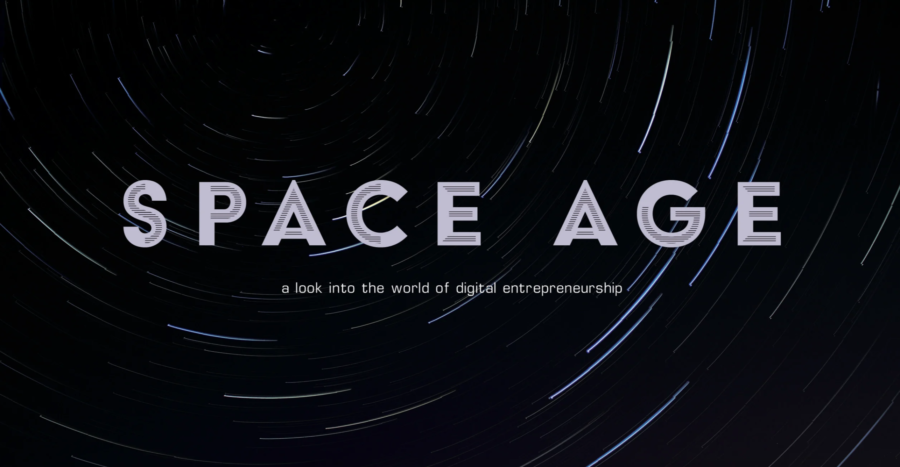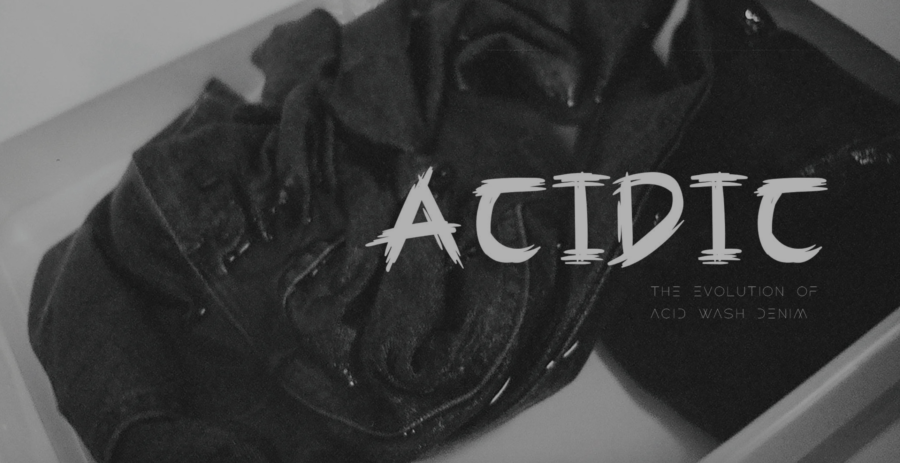Students at TCU do not typically talk on the phone with former President Jimmy Carter, sit face-to-face with Gen. Colin Powell and get funny faces from White House Chief of Staff Bill Daley.
But these moments will remain in the memories of TCU students who decided to live and work as interns in the nation’s capital for the fall internship program in Washington, D.C.
When every day begins with the same following checklist, students know they are not on TCU’s campus anymore, but in a bustling metro area 1,400 miles away—
Professional dress? Check.
Security badge? Check.
Metro card? Check.
Enough time to make it to the next train? Eh, maybe.
With these thoughts, another day in the nation’s capital has begun. Only this time, there is no sightseeing or monument gazing. The day begins with work, continues with program meetings and ends with night class.
This is the life of a Washington Center intern and the 15 TCU students participating in the semester-long internship program in the heart of Washington.
Students’ work consists of a full-time internship at locations like the Library of Congress, CBS News, the U.S. Senate, and Peace Corps. The Washington Center internship placement program with which TCU partnered also requires participants to attend programs related to their field of study and enroll in one or two night classes of choice.
Junior political science major Cuyler Haskins said Washington was like his Hollywood, which made his entire experience rather dreamlike. He chose to participate in the internship program because of his addiction to politics, and with a job on Capitol Hill there are plenty of opportunities for “celebrity-watching,” he said.
Haskins accepted his internship at the office of Republican Sen. John Thune of South Dakota, and completes various tasks, including being involved with constituent relations and conducting research. With much of the beltway debate centering on his main interest—the nation’s economy—Haskins has felt surreal since arriving in late August, he said.
Senior broadcast journalism major Christa Acuña said sometimes she could not believe she spent her days in the nation’s capital either, but that she had quickly adjusted to the fast pace of both work and life in the D.C. metro area. Acuña works as an intern for CBS’s The Early Show and has spent most of her time researching issues and political figures’ policy standpoints to help guide the show’s subject matter and discussion questions.
For Acuña, the main difference between working in Washington and working in a smaller media market is the higher stakes. Because CBS is a national news network, the job requires more attention to fact checking and balanced coverage, which she has experienced firsthand in her research, she said.
“It’s a whole other world,” she said. “You’re covering several different topics of national importance that affect every single person around you, and it is national news. So there is so much more going on and you have that pressure to work a lot faster. But, then you have to be careful of what information you’re putting out there.”
So far, Acuña’s favorite memory was of Washington’s lighter side and Daley’s sense of humor, she said. Daley’s funny moment came when Acuña tried to discreetly photograph him before an interview in the White House with CBS News.
“He caught me taking a picture of him, made goofy eyes—kind of crossed them—leaned forward, and did a little shimmy for me,” Acuña said. “It was funny from the beginning, obviously, because I got to witness this very serious guy making funny faces.”
She said she told TCU alumnus Bob Schieffer about Daley’s faces and he could not stop laughing.
“One of [Schieffer’s] friends called and that was the first thing he told him,” she said, “That was when I knew it was a pretty big deal.”
These unique experiences provide students with an inside look of the capital and the personality behind all of the suits. The personality also extends to the city itself, as it incorporates people of all different backgrounds and cultures.
For senior strategic communication major Allison Branca, this personality and color is her favorite part of the experience, she said. After spending a summer in London with the Schieffer School of Journalism in 2010, Branca said she wanted to continue meeting new people and experiencing new things with a slightly different approach.
“I like seeing the different little quirks that make D.C. D.C.,” she said. “I like the more local touristy things, not necessarily the museums or the monuments, but I like just neighborhoods and seeing their character.”
With this approach, Branca said the town is smaller than outsiders realize, in the sense that everybody knows everybody.
“It’s all about who you know, where you know them, and how they are going to help you in your career,” she said. “Which is in some ways discouraging, but in other ways it is very neat to know that if you need to promote yourself or the company you represent or the beliefs you believe in, there will be a person who knows someone who can help you.”
Acuña agreed with the importance of networking in the circles of the capital, and said she hopes to find a job for after her graduation in December. She said another possibility she’s considering now because of her internship experience would be to attend graduate school to study foreign affairs.
“I never in my life thought I would want to pursue [foreign affairs],” she said. “I wasn’t aware of a lot of the things that were going on in our nation back when I was in Texas. But being in D.C., witnessing things happen firsthand and meeting these political leaders that are creating history just really sparked an interest (in these issues).”
For the domestic issues side of Washington, a complex debate exists outside of the rate of employment or the projected path of the 2012 presidential election campaigns. This debate manifests itself in the two different programs TCU offers in Washington, political science and communications/journalism.
The constant theme is present in each internship and every intellectual discussion: How do the arenas of politics and the media interact with each other?
In Branca’s words, “It’s a rough road.”
“I think politics and media go hand in hand. It is a situation kind of like [public relations] and reporters—you butt heads, but you need each other,” she said. “Politics wouldn’t function without the media and media wouldn’t function as well without politics to talk about. So I think it’s a rough road, but it’s something that is necessary.”
Haskins disagreed and said he felt that the media’s recent effect on politics is largely a negative one, the Republican presidential candidate situation being an example. In his opinion, the playing field has been inappropriately and prematurely narrowed down to a race between Mitt Romney and Rick Perry, he said, when someone like Ron Paul should still have potential.
“The media has a lot of influence in politics, but I don’t know if that is really a two-way road,” Haskins said. “It doesn’t really seem like politics has a whole lot of influence in the silo of reporting that you see in the media. They both seem to exaggerate the other, though. I mean, you think, ‘Is it really that bad with the relations between the representatives, or is it all hype in the news?’ And as long as they portray it like that, is that really going to do anything?”
So far, what we’ve seen from the nation’s capital is kind of the same question.



